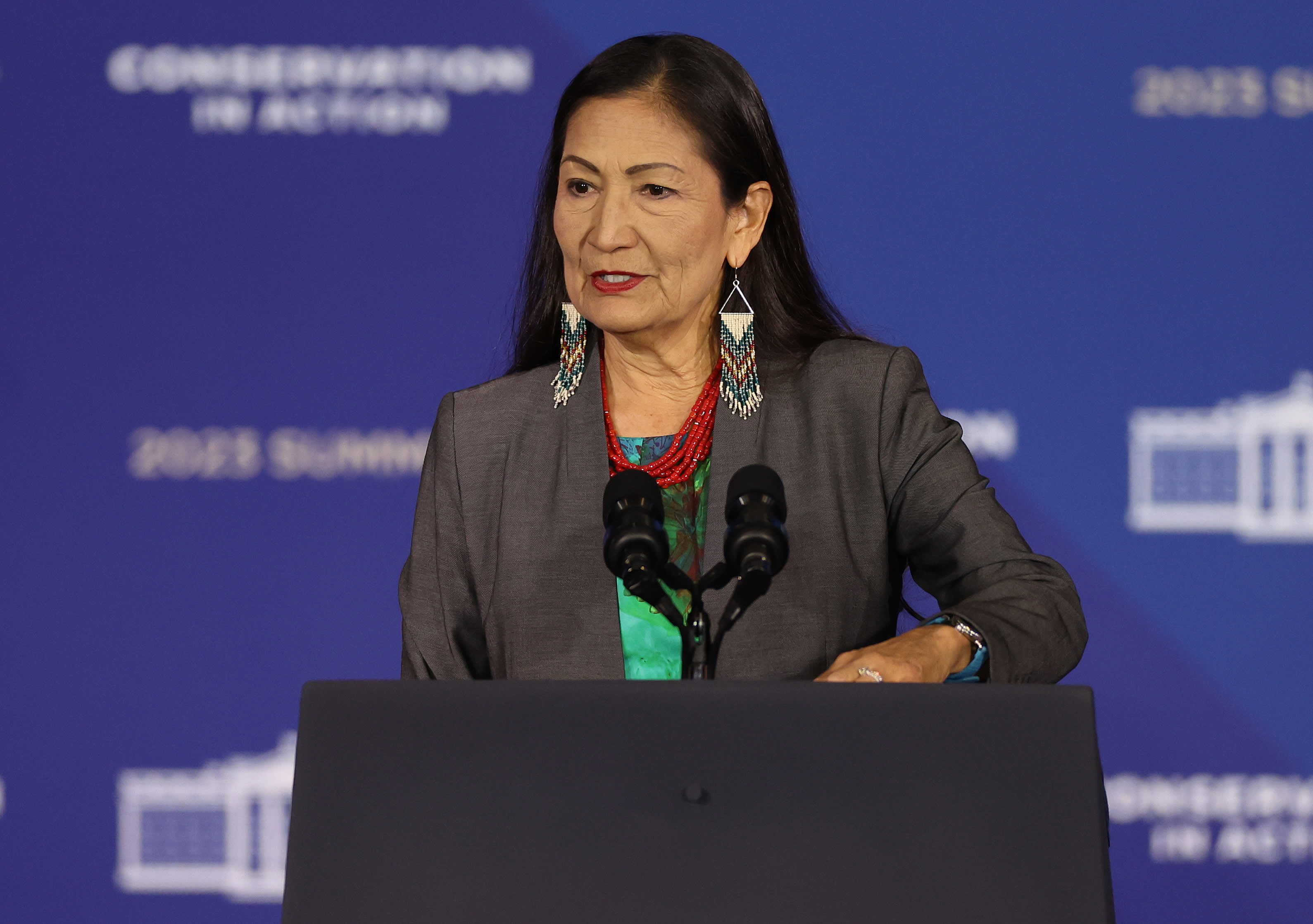If nothing else, Pat Quinn's first 100 days as governor of Illinois have shown him the highs and lows that come with being in the hot seat.
In March, Quinn got a standing ovation and compliments galore when he appeared before the Illinois Education Association. On Wednesday, members of the same union heckled him over his budget proposals.
Lawmakers greeted him like a long-lost brother when he took over in January from disgraced Gov. Rod Blagojevich. But they're showing no such enthusiasm for his proposals to raise taxes and cut services, or for the strict ethics laws his reform commission has suggested.
Quinn was sworn in on Jan. 29. Friday marks his 100th day in office -- a period when he has wrestled with a massive deficit, a deep recession, swine flu and worries about government corruption.
"Most governors in all their terms, four or eight years, haven't had as many challenges as I've had," Quinn said Thursday in an interview with The Associated Press. "I'm tested under pressure."
There's no doubt that he has shaken up Springfield, bringing a new governing style to the Statehouse and dominating the agenda. But it's not clear yet what results he'll get.
Quinn acknowledges May will provide a major test as lawmakers decide which of his ideas to accept before wrapping up their spring session. He rejects the possibility that he might be treated the same as some past governors, when personality conflicts, turf battles and conflicting political agendas resulted in legislative leaders shoving them aside.
Local
"People may disagree. That's their right," Quinn said. "But I think the atmosphere, the environment is such that we will come to a meeting of the minds on these very challenging problems that really have to be resolved."
His political future may hinge on what he can accomplish this month. He says he plans to run for a full term.
If he emerges from the legislative session battered and weak, he could face a major challenger -- such as Attorney General Lisa Madigan -- in the February primary for governor. But if he emerges with much of what he wants, including a voter-friendly public works program, Quinn would be in a much stronger position.
He entered his new role as governor facing a classic good news, bad news situation.
The good news was that pretty much all of Illinois -- from legislators to state employees to voters -- was thrilled to be rid of Blagojevich, who was arrested on federal corruption charges and then removed from office after years of gridlock and bitterness in Springfield. Quinn entered office with an enormous supply of goodwill.
The bad news was that state government faced a deep recession, the worst budget crisis in its history and general scorn from voters.
Andrew McKenna, chairman of the Illinois Republican Party, says Quinn has responded to the crisis the same way Blagojevich would have. He criticizes Quinn for proposing an income tax increase (comparing it to Blagojevich's failed effort to impose a "gross receipts" tax on business) but not seeking major spending cuts.
"It seems to me that the name has changed but the results are the same," McKenna said.
Other Republicans offer a more charitable assessment.
Doug Whitley, head of the Illinois State Chamber of Commerce, complimented Quinn for opening up the governor's office by meeting with lawmakers and interest groups from across the political spectrum. Quinn has shown leadership by tackling the budget deficit, statewide construction needs, ethics and more, he said.
Still, Whitley -- who explored a run for governor earlier this year -- said Quinn hasn't closed the sale on his ideas yet.
"I don't see a General Assembly convinced that Pat Quinn's solutions are the ones they want to embrace," Whitley said.
Quinn has been criticized on several fronts -- for keeping some former Blagojevich aides in key posts, for nominating a 29-year-old with no law enforcement experience to run the state police, for flip-flopping on how Barack Obama's vacant Senate seat should have been filled.
But all that has been minor. He has avoided anything approaching real scandal.
Meanwhile, he succeeded in getting lawmakers to approve a small-scale public works program meant to create quick construction jobs while negotiations continue on an even larger program.
And he took advantage of the spotlight that comes with the governor's office by making one public appearance after another. He celebrated Easter with children, appeared at news conferences to talk about swine flu, crisscrossed the state to promote his budget plan and confronted Statehouse rallies critical of his proposals.
"What I wanted to do from the outset, right away, was get to every corner of Illinois and let the people, the voters, know there was a new governor with a new style and a new approach -- a new style, a new substance, too," Quinn said.
"I think we were successful in that," he said. "Today, everywhere I go, people are happy that I'm the governor and my predecessor is not."



